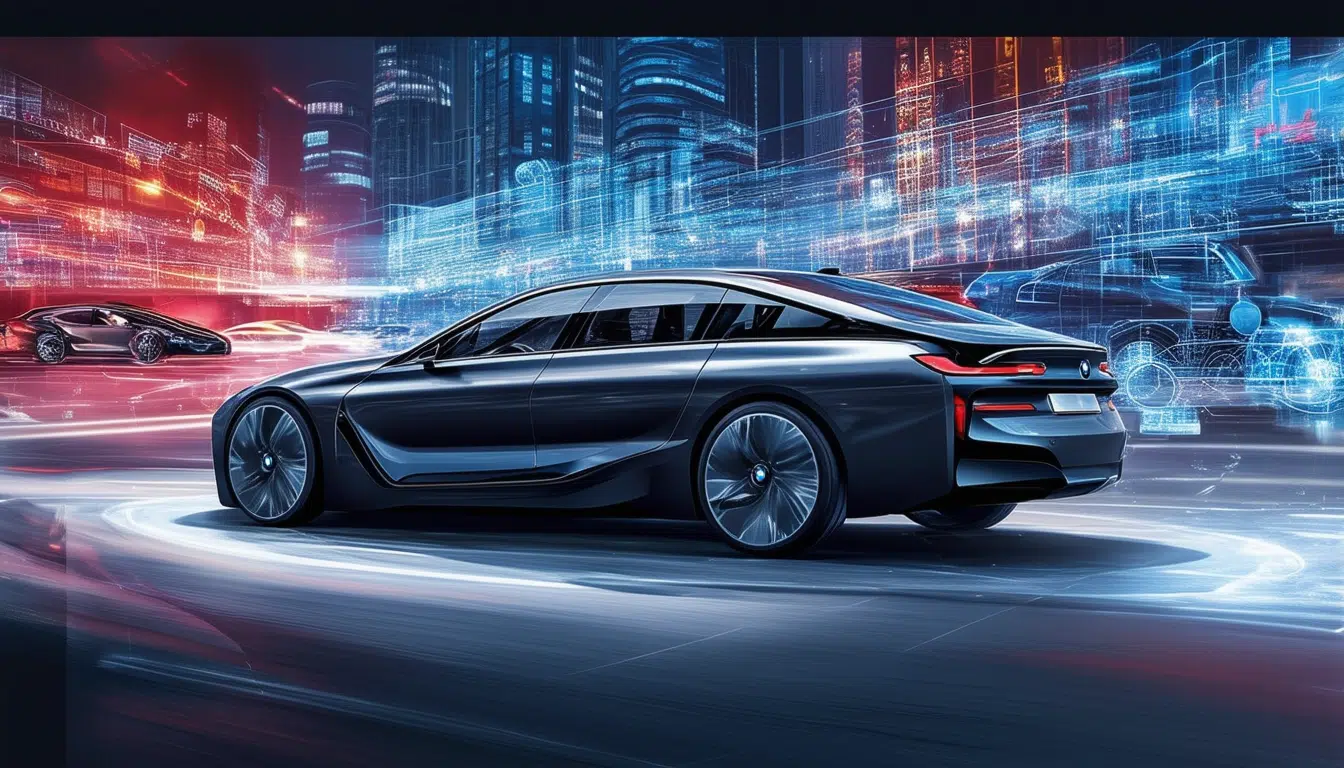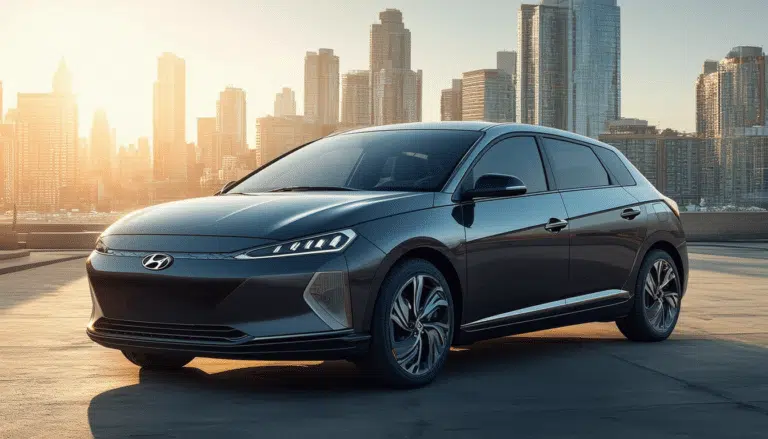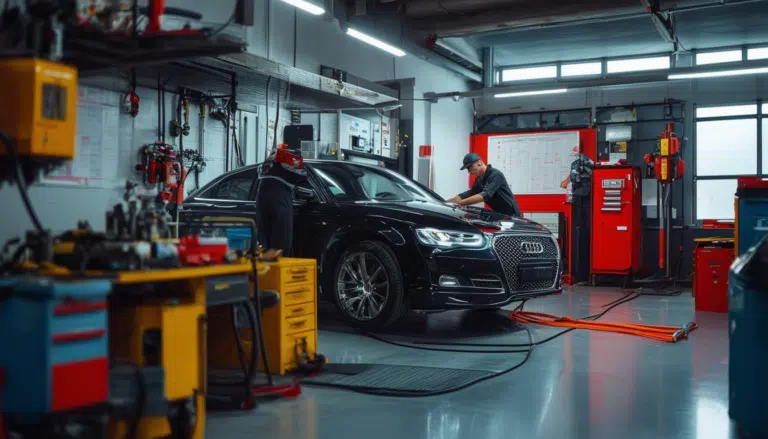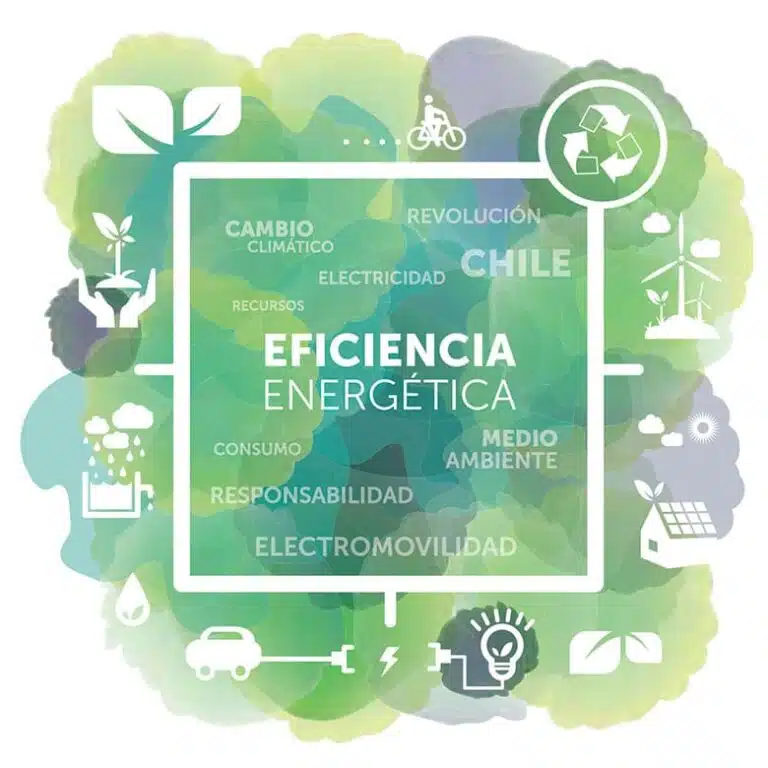BMW challenges China and shakes up the automotive industry: the controversy behind its defense of internal combustion engines

In a bold and controversial twist, BMW has shaken the foundations of the automotive industry by directly challenging energy policies that promote the ban on internal combustion engines in Europe. By highlighting China’s dominant role in battery production, the German company raises concerns about Europe’s future dependence on the Asian giant. The debate not only involves the need for sustainability but also seeks to protect European economic stability in an increasingly competitive global market.
BMW finds itself at the eye of the storm with its defense of internal combustion engines, challenging European directives for a ban by 2035. The German brand warns about the dependence on China, the leader in battery production, arguing that a premature transition to electric cars could put the European automotive industry at a competitive disadvantage. Through a critical stance, BMW seeks to recalibrate sustainability goals to protect the economy and competitiveness of the continent.
Pending prohibition: dependence on China
The proposed ban on vehicles with internal combustion engines by 2035 has been viewed skeptically by Oliver Zipse, CEO of BMW. He argues that the European automotive industry faces a future of technological dependence on China, the dominant player in battery production for electric vehicles. This presents a dilemma for Europe, where the urgent need to adopt more sustainable technologies contrasts with the risk of becoming subservient to a foreign power.
The epicenter of the controversy: Paris Motor Show
During the Paris Motor Show 2024, BMW, along with other European automotive giants, openly expressed its opposition to the European Commission’s plans. Zipse highlighted concerns about poor sales performance of electric cars from European manufacturers, warning that an unadjusted transition could result in a significant contraction of the European automotive sector.
Electric car sales at a crossroads
Although BMW has managed to make the X1 model among the best-selling in the electric segment in several European countries, Zipse maintains that these numbers still do not represent robust competition against Chinese manufacturers. The brand has diversified its offerings with internal combustion, plug-in hybrid, and fully electric vehicles to cover a broader range of the market.
Questions about the future of the industry
Criticism towards the potential “China shock” rings loudly, as the automotive sector represents a vital part of employment in countries like Germany. BMW remains committed to developing internal combustion engines, even when it seems to run counter to the prevailing trend of absolute sustainability.
The search for a sustainable and competitive balance
Oliver Zipse does not advocate for a complete cancellation of the goal to eradicate carbon emissions, but rather for a poorly calibrated adjustment of objectives to avoid an imminent competitive disadvantage against China. The discussion centers on determining what percentage of vehicles with internal combustion engines could continue to operate without compromising the environment and without provoking excessive dependence on Chinese batteries.
Ultimately, BMW argues that protecting thermal engines is not an act against the energy transition, but a measure to safeguard the European economy. In this sense, the collaboration with the Japanese Toyota to develop revolutionary engines, and the commitment to hybrid projects, help to illustrate a middle path.
The Future of the Automotive Industry: BMW in the Eye of the Storm
The controversy generated by BMW’s defense of internal combustion engines not only exemplifies a conflict between tradition and innovation but also highlights the complex geopolitical dynamics now permeating the automotive industry. Arguing against an outright ban seems to be part of a broader strategy to safeguard Europe’s economic and technological independence in the face of China’s overwhelming dominance in battery production.
The position that BMW currently challenges finds itself at a crossroads. On one hand, there is a tangible and necessary commitment to the energy transition, which is vital to address the climate crisis. On the other hand, there is a real fear that an accelerated adoption of this transition could destabilize the European automotive industry. The abrupt disappearance of thermal cars could not only lead to an economic imbalance but also severely undermine the competitiveness of European brands against the burgeoning Chinese market.
BMW’s demand to review the timelines and conditions of the ban proposal is, in fact, a critical wake-up call. The uncertainty around how to mitigate the consequences of such a drastic change has led key figures in the sector to suggest the need for a more gradual and pragmatic approach. Thus, they seek to avoid excessive vulnerability in a market where the speed of transformation could leave some players behind.
Therefore, while BMW boldly positions itself in the debate, the question that arises is whether other automotive giants will follow suit to protect Europe’s strengths while simultaneously respecting an inevitable path towards sustainability. This delicate balance demonstrates that the struggle for technological innovation is not only played out in terms of production and sales but also aligns with large-scale economic and political interests.





